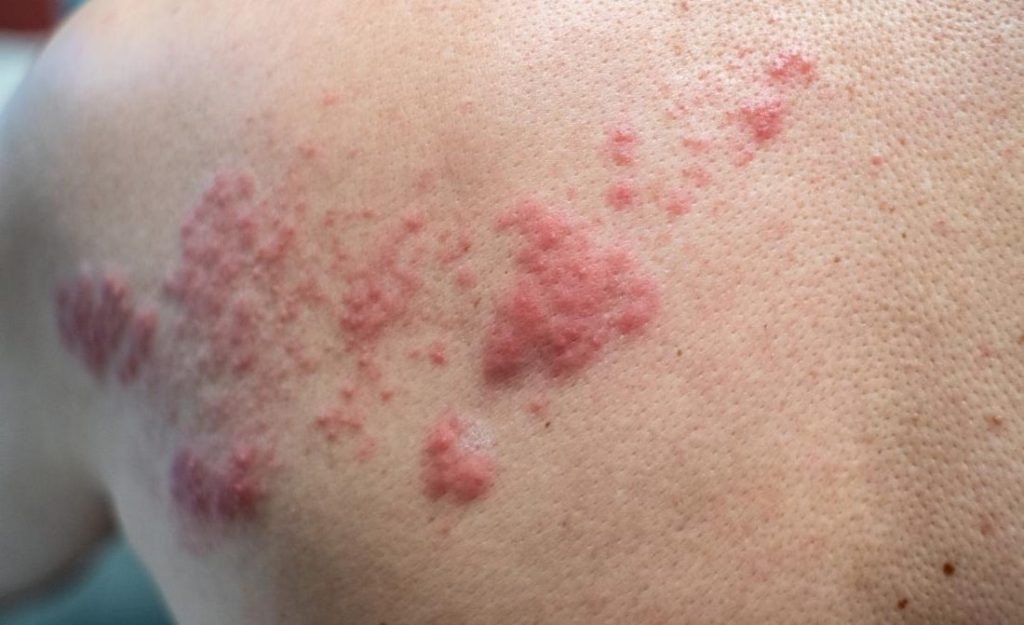Herpes is a viral infection that affects the skin. The herpes simplex virus (HSV) is the most prevalent type, responsible for cold sores or fever blisters around the mouth or genital areas. Other herpes types include herpes zoster (shingles), leading to painful, blistering lesions on the back, and herpes vesiculitis, a severe form of genital herpes that could potentially result in infertility.
But what symptoms does herpes exhibit, and how do these signs appear in your body?
Herpes Symptoms
The symptoms of herpes depend on the type of virus involved. Common indicators include fever, headache, muscle aches, and sore throat.
When the herpes simplex virus is contracted during sexual intercourse, lesions can appear on the genitals or rectum. These lesions are often tender and look like small sores. While herpes can spread through skin-to-skin contact, it is more frequently transmitted through sexual activity. The virus is highly contagious and is easily passed from one individual to another.
Early Herpes Symptoms
Typically, herpes symptoms begin to show within two weeks post-infection. However, the onset of a full outbreak can vary from person to person. Early signs usually include a sore throat, fever, and rashes, which may appear days or weeks after exposure to the virus.
If these symptoms persist, seeking medical advice is crucial. A healthcare professional can prescribe antiviral medications to manage or prevent further blister and sore development caused by the virus.
For a list of herpes treatments, visit Pro Health Support.
